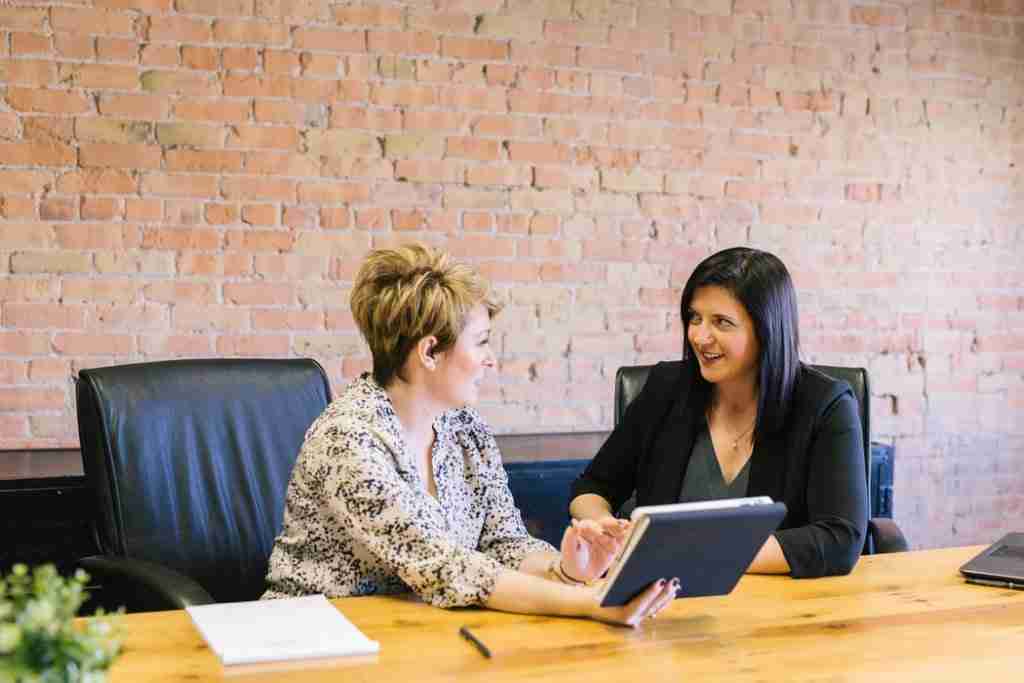With so much time being spent at work, workplaces become a second home and it’s hard for everyone to not share about their personal life. There will always be that water station/printer/microwave small talk and unwanted conversations may arise from it. It can be really hard and overwhelming at times when the conversation gets steered too deep, as such we would like to share with you some tips to help you avoid and manage such situations.
Here are some ways to cope with your colleagues (and also preventing yourself from) divulging too much into their personal life.
Share what you wouldn’t mind hearing from someone else
The famous saying “Do unto others what you would want them to do to you” and likewise, say to others what you would want them to say to you”. Your colleagues do not need to know every single detail about what is on your mind or heart. Sharing too much can cause your colleagues to have an undesired impression that can affect working relationships and future career advancement prospects. Be wise with how much you share as your colleagues may in turn subconsciously share information at a similar level as you. It’s also not just the amount of sharing that impacts your workplace but what exactly you choose to share that affects too. The general guideline is that if the topic or content is a sensitive one, it will tug the heart and possibly open up a can of worms that one may not be equipped to handle there and then. Keep in mind the type, depth and intensity of your sharing as it can impact your work negatively more than it can benefit your temporary release.
Move the conversation for non-work hours
Draw the line for non-work related conversations to be held during non-work hours. For instance, you could suggest moving that conversation to lunch time instead by saying “it looks like you have a lot going on, shall we move this conversation to lunch later so you don’t have to rush through it right now?” Bear in mind that this response would mean that you still have to deal with it, so only do so if you are sure that it is something you can or should handle.
Be upfront and be kind.
If you find yourself caught in an uncomfortable conversation and you don’t know what to do, a simple honest response like “thank you for sharing how you feel and I appreciate that you chose to share it with me. However, I am feeling uncomfortable at the moment and I don’t think I can give you the listening ear or advice you need.” Acknowledge the person and their sharing first, as it makes it easier for them to hear you out. Don’t be afraid to explain how you feel about it, as the person may have gotten too caught up with their issues and was unaware how they have made you feel.
Remember that every individual is different.
The above tips will be helpful but there is no one type fits all. What may work for person A may not work for person B. Every individual is facing a different life situation and will give their own response to it. The appropriate solution for this varies from person to person. A clinical psychologist will be able to help properly assess what your colleague is thinking, how they are feeling and acting. From there, they will provide practical tips that would support them in effectively coping and managing their feelings, thoughts and behaviour. This includes both personal life and work life.
If you are interested in empowering your staff to achieve great results in their work or personal lives, COPE Centre provides an Employee Assistance Program (EAP). This is a dedicated confidential and professional counselling service offered to your employees to help them reduce workplace stress. Through the highest standards of evidenced based psychological intervention, COPE Centre provides quality counselling and therapies to a wide range of issues such as dealing with work stress, maximising work performance, conflict management, communication break down, relationship problems and other mental health issues. Click here if you would like to book an appointment with us.
For more information about COPE Centre or EAP, feel free to contact our clinic via the form below or give us a call at 9226 4726. Our clinical psychologist will be able to assist you with your queries.
